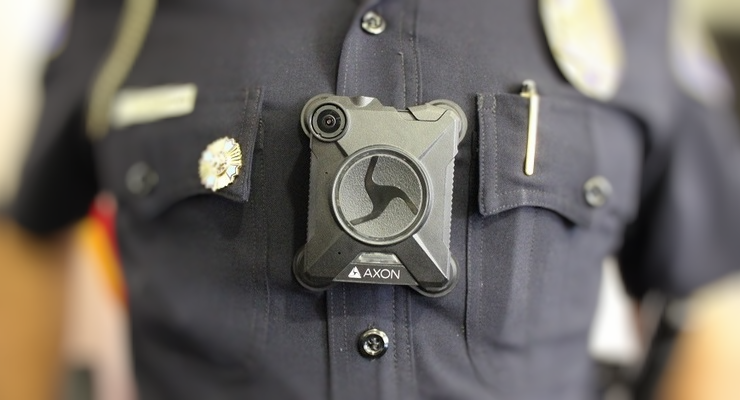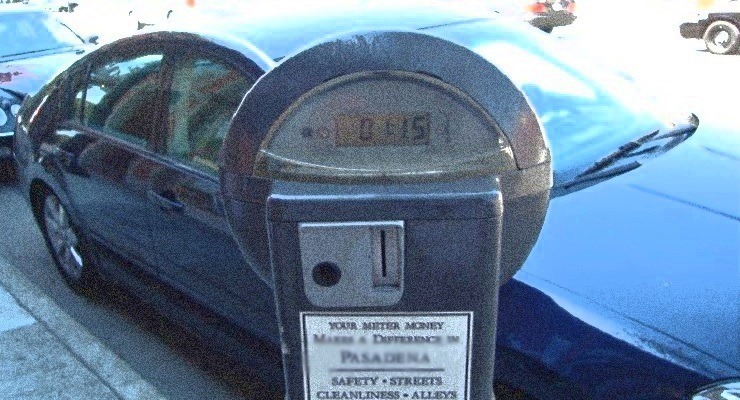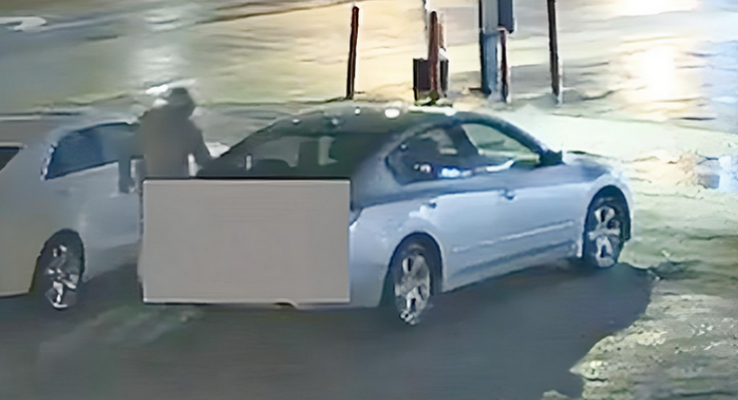
The allocation of $300,000 for 275 police body cameras included in the Pasadena city budget passed June 22 is far less than the amount needed to deploy a working system because it doesn’t fund costly back-end memory storage, police officials said Tuesday.
“We would love to have $1 million. That would be reasonable for us,” Lt. Tracey Ibarra said.
Ibarra said the steep cost of storage for volumes of high definition video footage could be as much as $700,000.
Public Safety Committee Chair Councilmember John Kennedy said he was unaware of the additional funding needs for storage.
“That’s not my understanding,” Kennedy said. “There’s a full expectation by the finance committee and the City Council that the Police Department will have the necessary resources that it needs to have full implementation of body cameras.”
A second Public Safety Committee member, Councilmember Steve Madison, said he too believed that purchasing cameras and policy development were on track to occur within this fiscal year.
“We certainly don’t want to buy the equipment and have it sitting around. I think were totally committed to it. The Council’s understanding was that we’re funding this, we want to do this,” Madison said.
The total amount required for the storage will not be known until the Pasadena Police Department, city staff, and the City Council make several layers of policy and technology decisions which will determine storage needs.
“Once the system is fully developed the final budget will be presented to the City Council for approval. The Police Department is seeking grants to help cover system costs,” City Manager Michael Beck said.
The largest hurdle, according to Officer Josh Jones, is the length of retention time for the videos. Jones heads body camera research and development for the Pasadena police.
Jones said Pasadena City Attorney Michelle Bagneris has recommended that all video footage be kept for two years, spanning the window of opportunity for a person to file a lawsuit which could require use of videos shot by the body cameras.
Many agencies across the country are saving files for ten, 60 or 90 days. A more conservative two-year retention rate would be exponentially more expensive, possibly dipping into the millions.
“The cameras are actually a small cost compared with the overall picture. $300,000 for storage is a conservative budget upfront, it will be an ongoing process while we figure out what that final number will be,” Jones said.
With over a year of analysis undergone, Ibarra considers the Pasadena Police Department to be in the mid-phase of purchasing body cameras that are the best fit for the city and the agency. She said she hopes to see the cameras implemented within about a year.
Councilmember John Kennedy, however, has a different expectation. He said he hopes to see the body cameras implemented before the end of this year.
“The expectation set by the Police Chief is that it’s going to happen with all deliberate speed, given the national dialogue that’s taking place around oversight and transparency,” Kennedy said. “All deliberate speed doesn’t mean another year. It means get it done because it is a priority and you have represented to the community that it will be done.”
Kennedy also said that he and the entire finance committee would be interested in finding out the full cost of the body cameras.
Local civil rights attorney Dale Gronemeir views the extra time as a welcome surprise even if the additional necessary funding could more than triple the original estimate to deploy the cameras.
“I make the case that they should not be deployed until there is a sound protocol for their use. I’ve been worried that they might rush in to deploy before that’s designed. So at one level, I kind of welcome the fact that this may slow the process down, and allow for a reasonable consideration of what the protocol should be,” Gronemeir said.
The Los Angeles Police Department, which reportedly expects to roll out 7,000 body cameras this summer, has contracted with the Taser company to store and manage all its video data for a monthly cost that ranges from $20 to $100 per officer depending on the generated volume.
The per month subscription cost only includes an allotted amount of storage.
“We would blow through that storage immediately,” Jones said. “We could spend upwards of $60,000 or $70,000 per month for the extra storage. It’s astronomical. We’re looking at having $300,000 per year to store everything.”
Currently Jones and his staff are weighing the large upfront cost of buying their own server versus using the iCloud that requires paying storage fees per usage each month. While at first the iCloud cost would be minimal, keeping two years of video indefinitely will quickly add up.
“I think way too often in law enforcement we try to recreate the wheel. We don’t need to. The ground work has already been laid so there’s no need for us to go blindly when we can look at the lessons learned from other agencies,” Jones said.
Funding will need to account for four areas: camera equipment, a warranty program, docking stations, and the largest — storage.
“I do think that with the proper protocol, even that larger amount of money is worth the investment. Body cams are a good protocol that protect both officers and the public,” Gronemeir said.














 0 comments
0 comments


